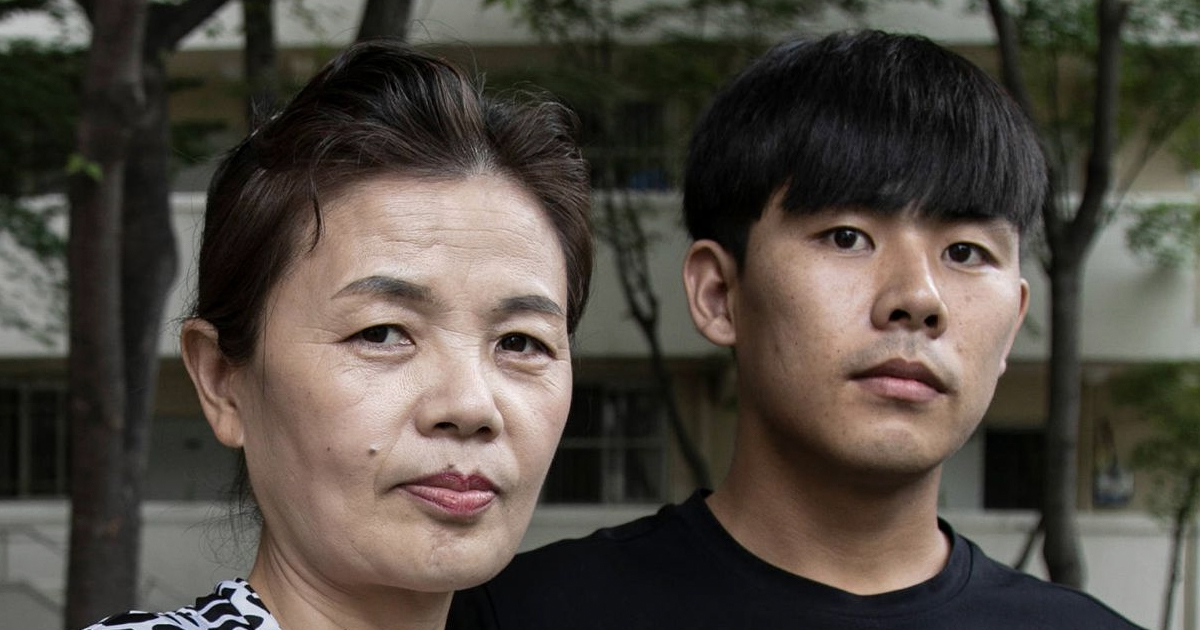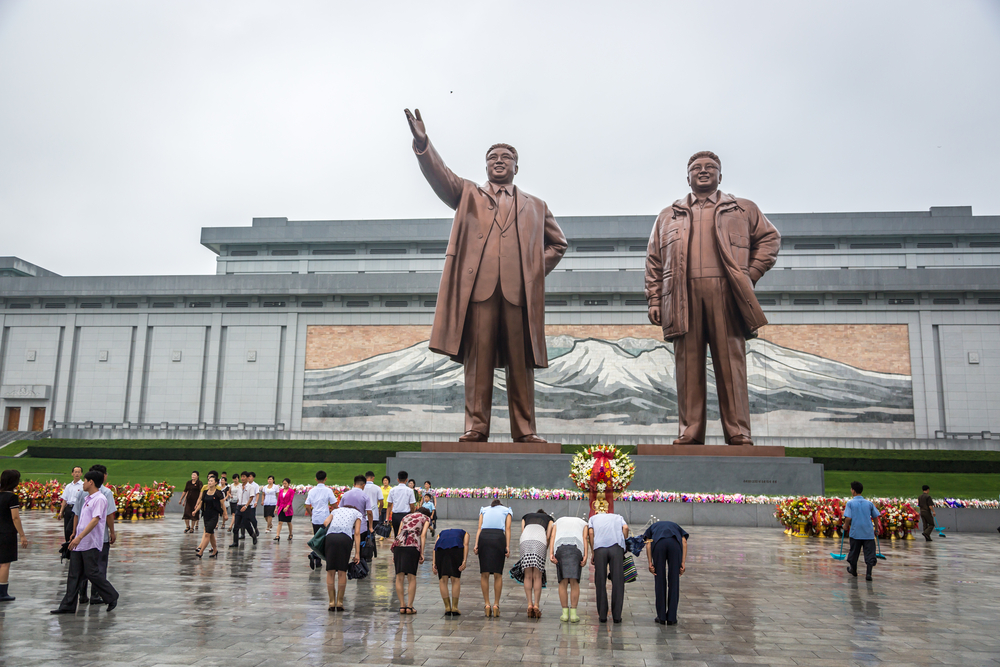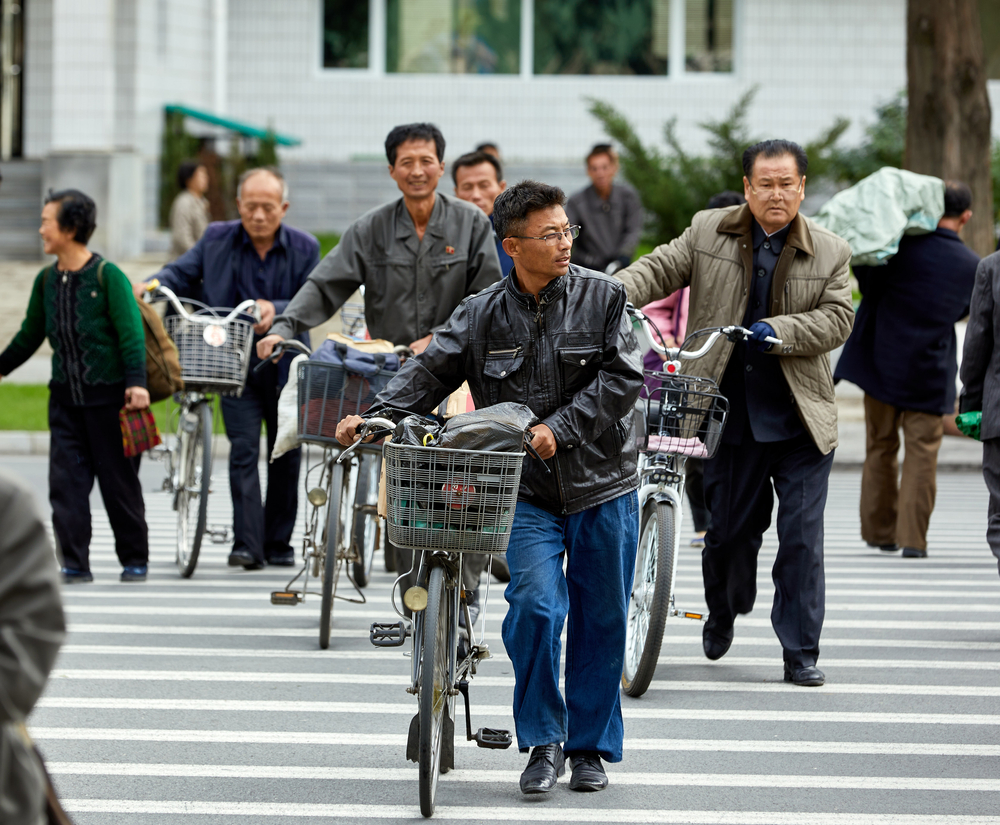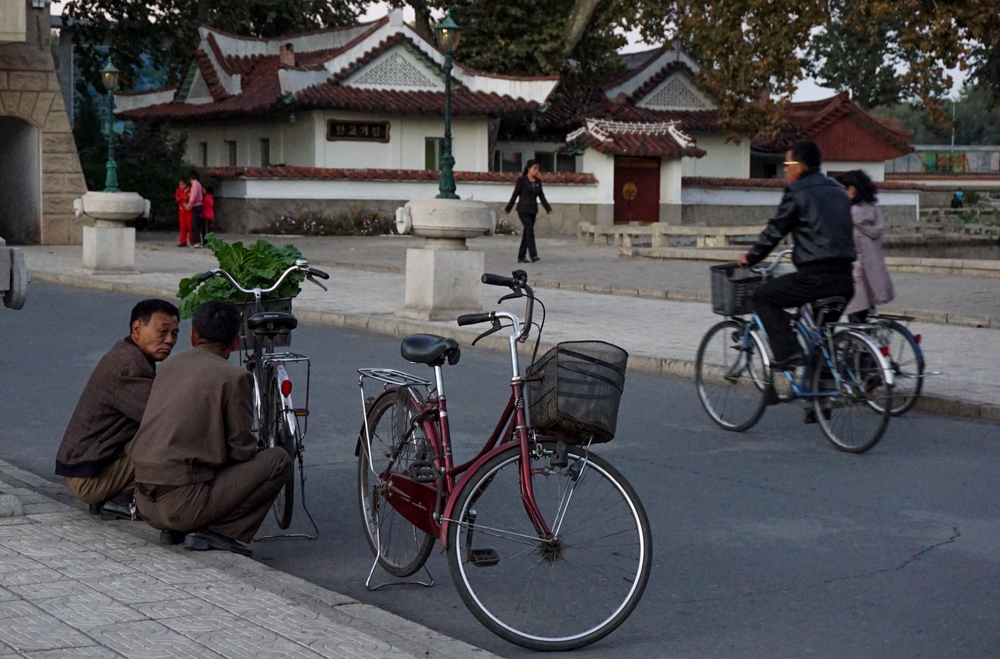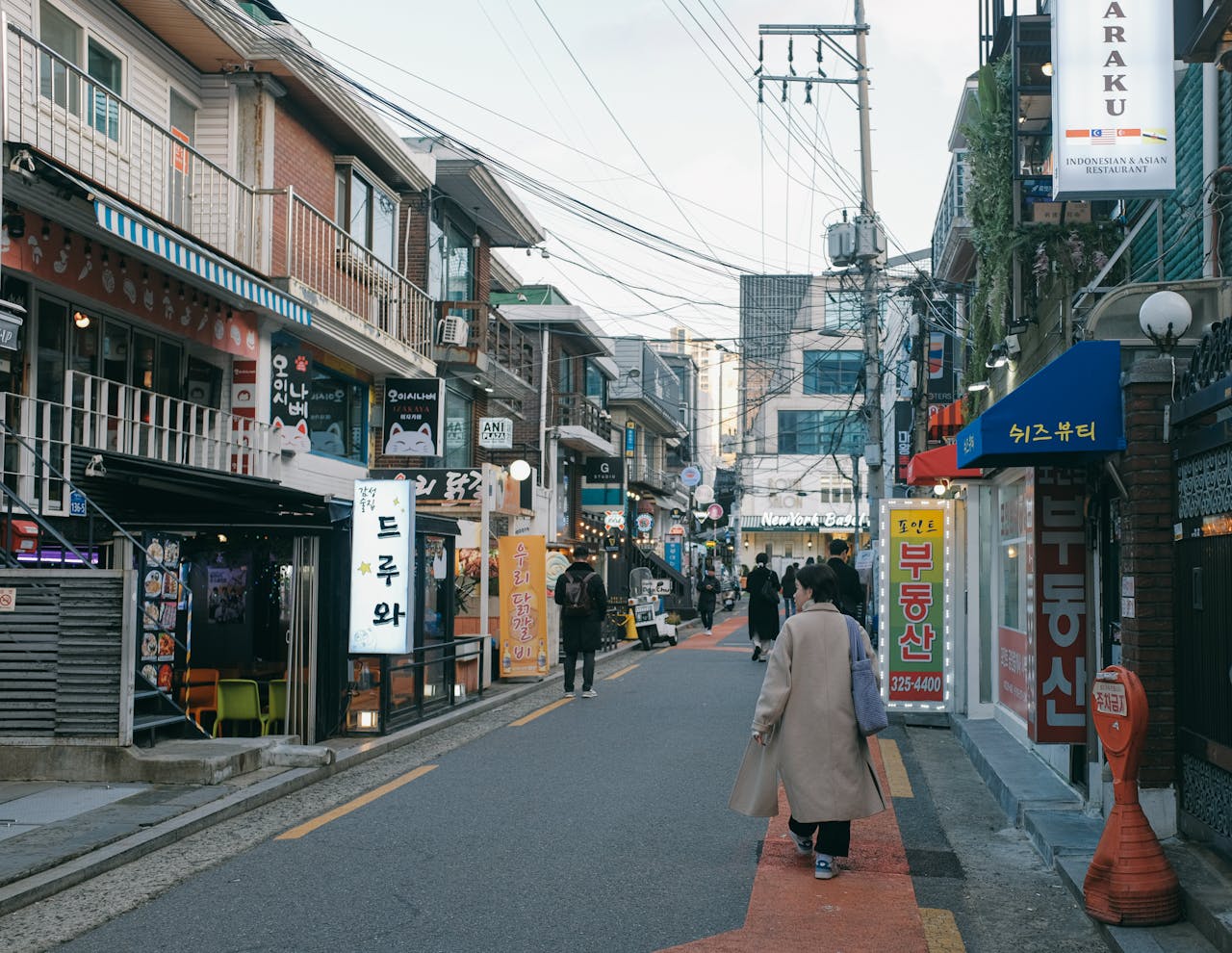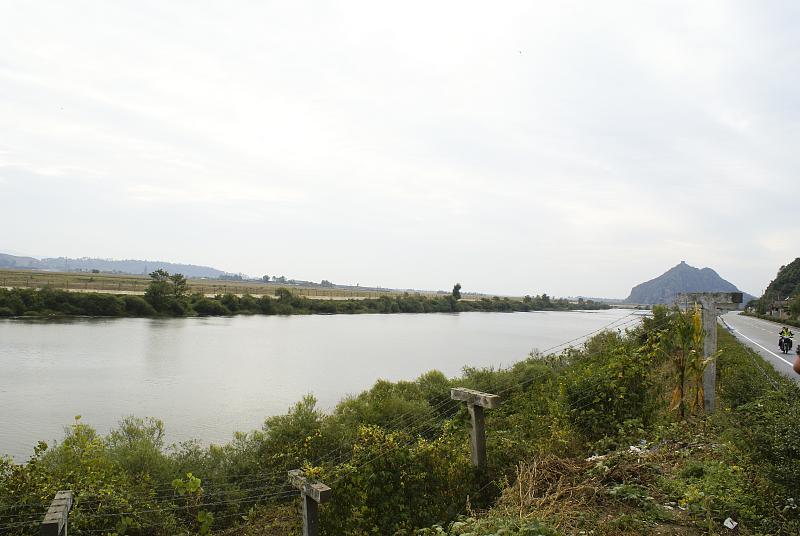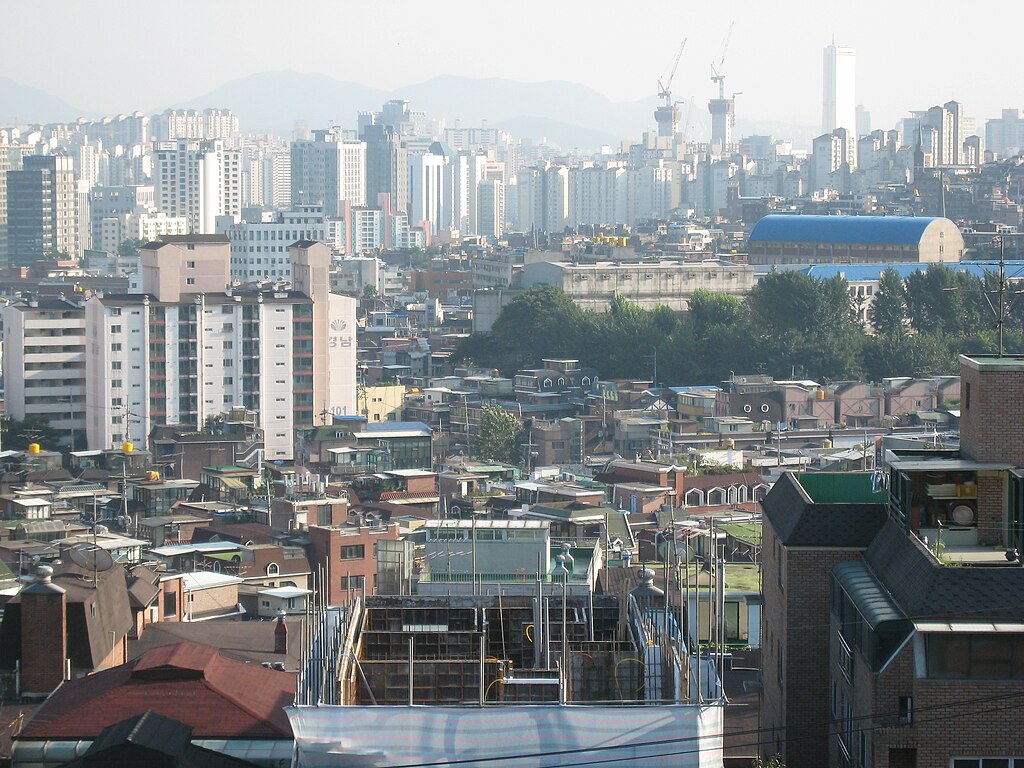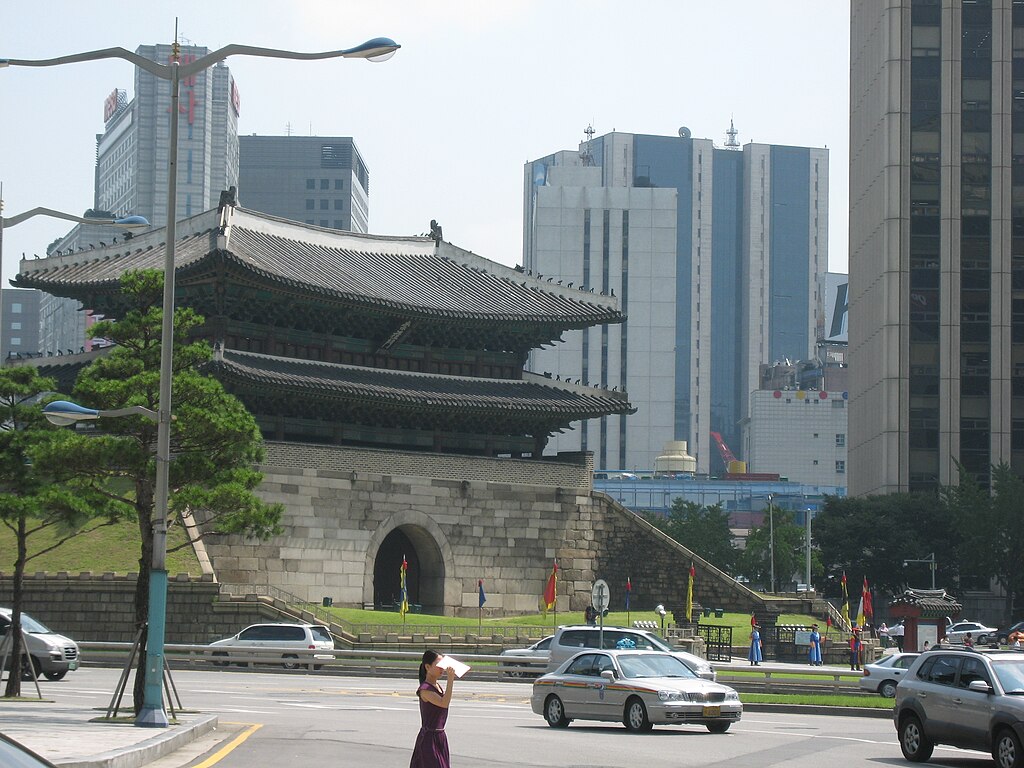Getting back in is just as hard as getting out
The chances of escaping North Korea are incredibly slim. Defectors often face dangerous journeys through heavily guarded lands, avoiding officials and relying on smugglers to reach China. It's nearly impossible to get out alive. So then, why did one man who managed to escape willingly decide to go back?
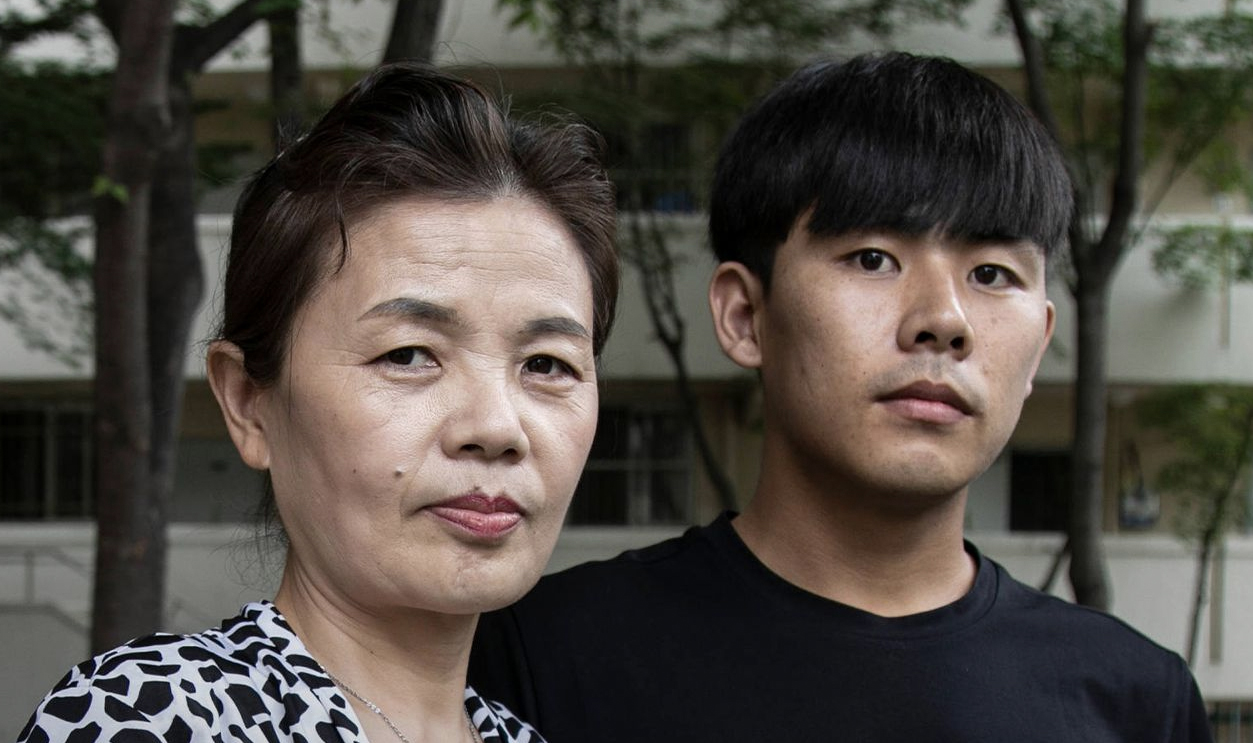
Meet Kim Kang-woo
Kim Kang-woo is one of the rare individuals who survived the perilous journey out of North Korea. His story is a reflection of the struggles faced by North Korean defectors, including the psychological and emotional challenges they face once they are out. Oftentimes, its those challenges that are forgotten about or swept under the rug.
Something pulled him back in
After escaping to China, one would think that he would never consider going back ever again. He had already achieved what many North Koreans can only dream to do. Yet, he made the controversial decision to return to the North—for a reason we will explore later.
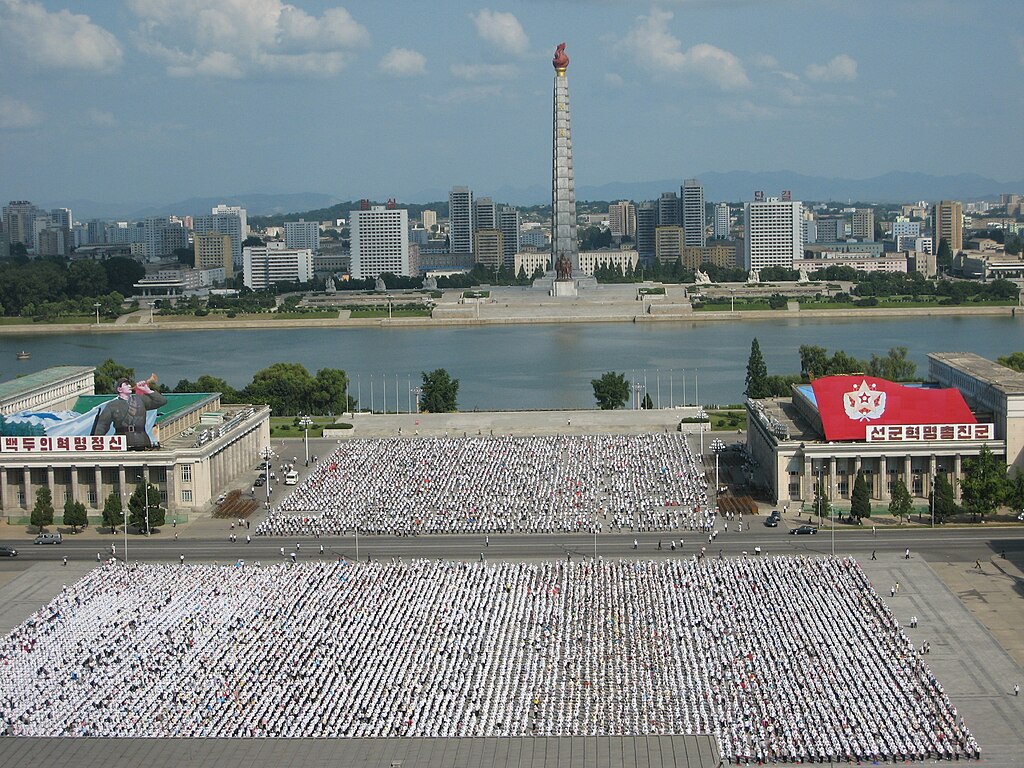 Xiehechaotian, CC BY-SA 3.0, Wikimedia Commons
Xiehechaotian, CC BY-SA 3.0, Wikimedia Commons
He was one of many oppressed
Like many North Koreans, Kim lived under a strict regime that limited freedoms and enforced harsh penalties for non-compliance. Life in North Korea is marked by government control, limited information, and poverty. Essentially, to live your life there is to basically not live at all.
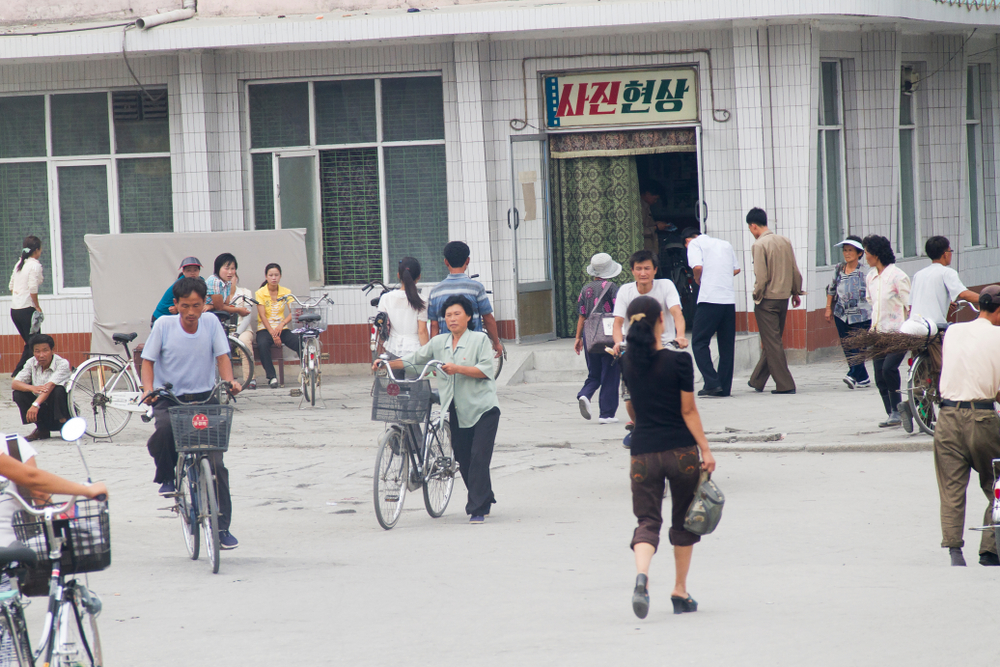 christiantimeless, Shutterstock
christiantimeless, Shutterstock
Under the rule of a tyrant
Kim Jong-un's regime maintains power through propaganda, surveillance, and strict enforcement of laws. In North Korea, the government controls citizens' lives, monitoring them closely and punishing any acts of disobedience with jail, pain, or worse.
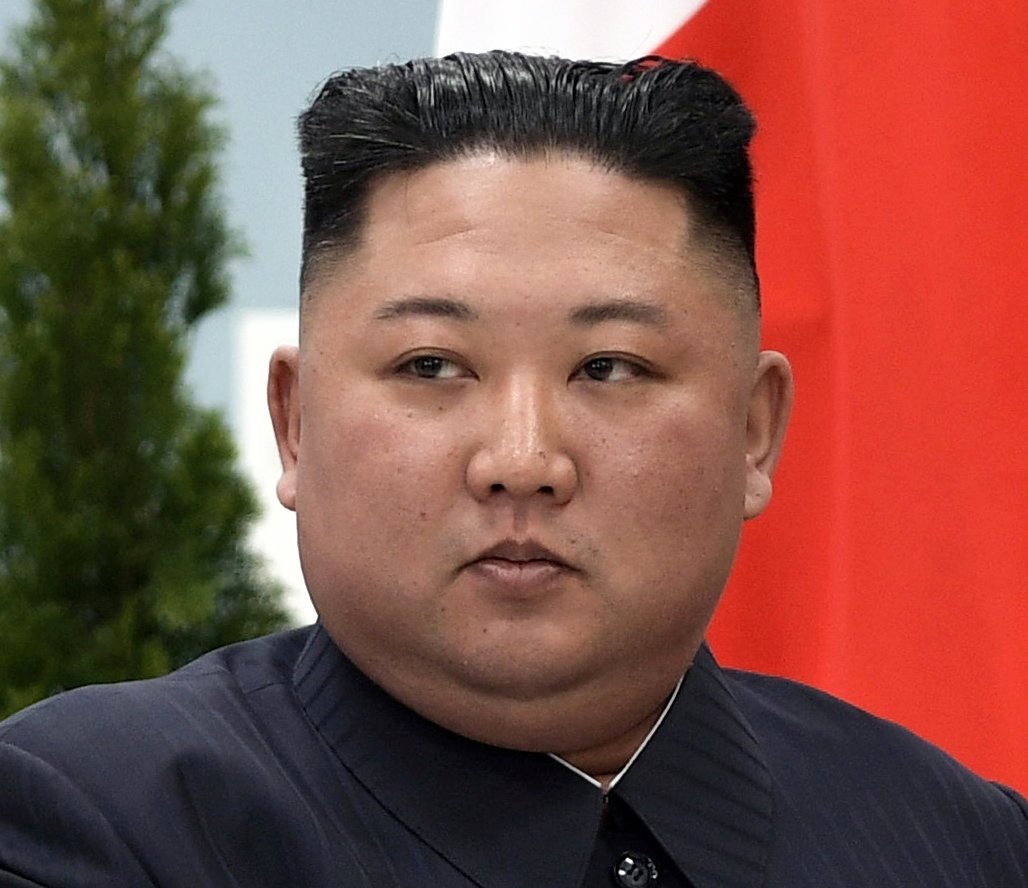 Kremlin.ru, CC BY 4.0, Wikimedia Commons
Kremlin.ru, CC BY 4.0, Wikimedia Commons
The life is bleak there
Economic policies have caused food shortages and poverty. North Koreans struggle every day to survive, and happiness is simply out of the question. Government propaganda promotes an image of strength and prosperity despite these hardships.
A humble upbringing
Kim lived in a small town near the Chinese border and he excelled in high school. Despite being the top student in his class, his low-income background prevented him from pursuing higher education. He dreamed of one day being able to go to college.
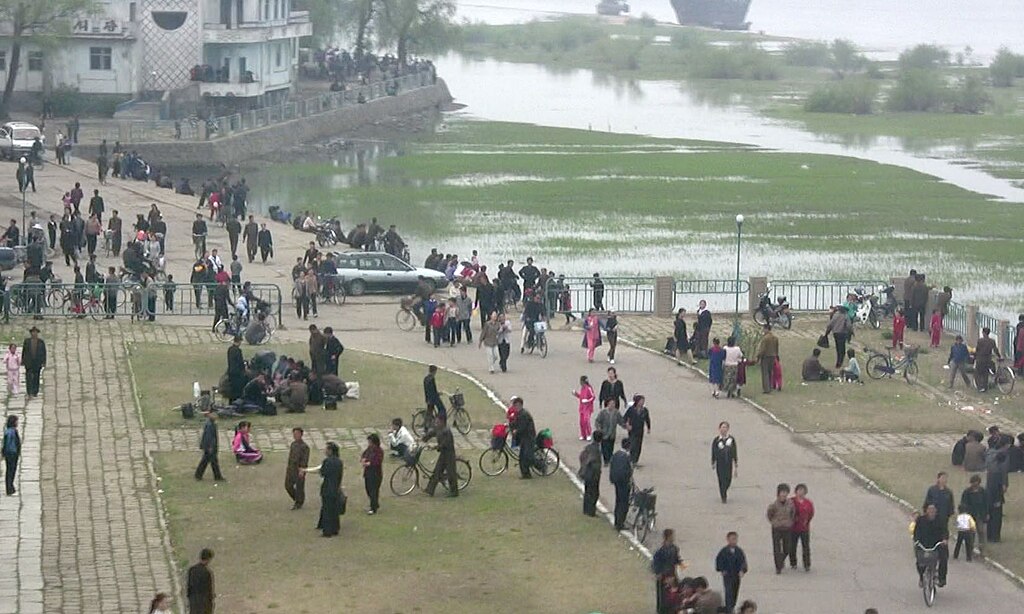 Kounosu, CC BY-SA 3.0, Wikimedia Commons
Kounosu, CC BY-SA 3.0, Wikimedia Commons
He started working at a young age
At 20 years old, he worked as a farmer and laborer to support the regime's nuclear weapons, often leaving him and his mother hungry. He knew there was more to life than just slaving away—he wanted so much more for himself, like a university degree and a stable job.
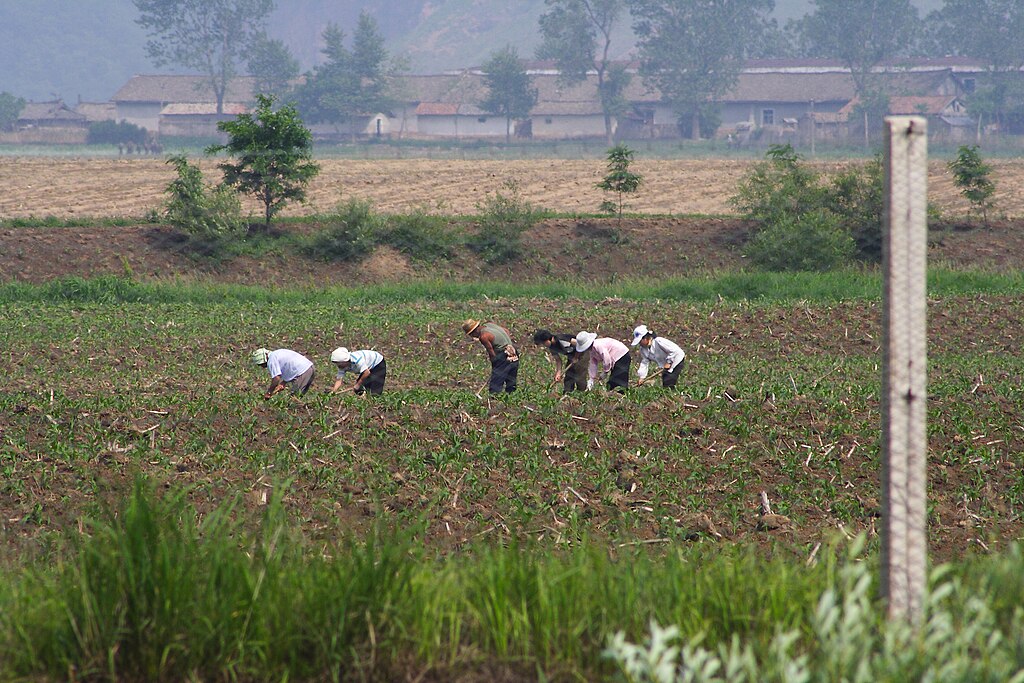 chenyingphoto, CC BY 2.0, Wikimedia Commons
chenyingphoto, CC BY 2.0, Wikimedia Commons
He took inspiration from a South Korean miniseries
Kim would watch a South Korean TV show that was illegally brought in from China to discover what daily life was like in Seoul. Inspired by the character Jung Woo in Swallow the Sun, he believed in finding freedom and a new life in the democratic South.
 뉴스인스타, CC BY 3.0, Wikimedia Commons
뉴스인스타, CC BY 3.0, Wikimedia Commons
He had a serious talk with his mother
Kim told his mother, Im Su-ryuh, his plan to go South for three years. She gave him a boiled egg before he left, but he handed it back to her. She couldn't say goodbye to avoid gossiping neighbors who might expose what they were up to. She cried for nights after he left.
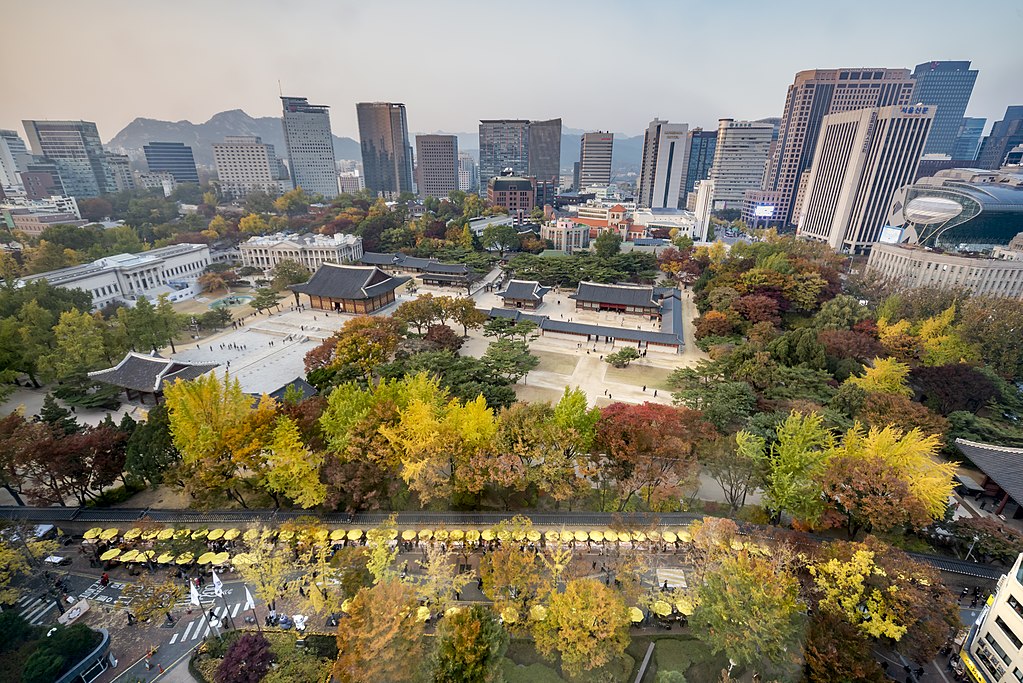 라성민, CC BY-SA 3.0, Wikimedia Commons
라성민, CC BY-SA 3.0, Wikimedia Commons
A scary thought in her mind
All she could think about was how her husband had died on a similar trip years earlier. She prayed that her son, the last meaningful person left in her life, wouldn't meet the same fate.
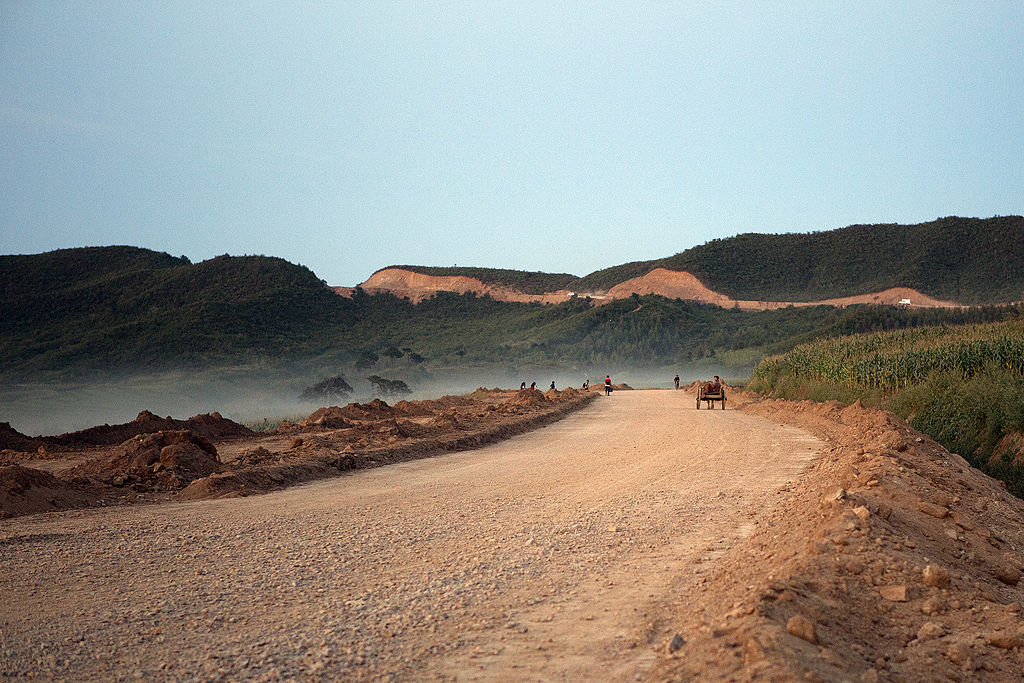 Roman Harak, CC BY-SA 2.0, Wikimedia Commons
Roman Harak, CC BY-SA 2.0, Wikimedia Commons
Nothing was going to stop her son from leaving
Im told Independent: "He told me, ‘I can’t rot in this country for the rest of my life.' I couldn’t stop him, nor could I encourage him. I felt like I could still see him right in front of me. I felt sorry that he met the wrong mother, who couldn’t give him a better life. I thought I would never see him again."
Choosing the destination
Crossing directly from North Korea to South Korea is not a good option as they would have to cross the heavily militarized border. Ulitmately, Kim decided to take the China route, and sometime in May 2016, he felt ready to go.
 Jin Ping Han, CC BY-SA 3.0, Wikimedia Commons
Jin Ping Han, CC BY-SA 3.0, Wikimedia Commons
The night he left
During a rainy night, Kim crossed the Yalu River alone. Following a journey lasting five months through China, Laos, and Thailand, he ultimately arrived in Seoul, tracing a path frequently chosen by defectors.
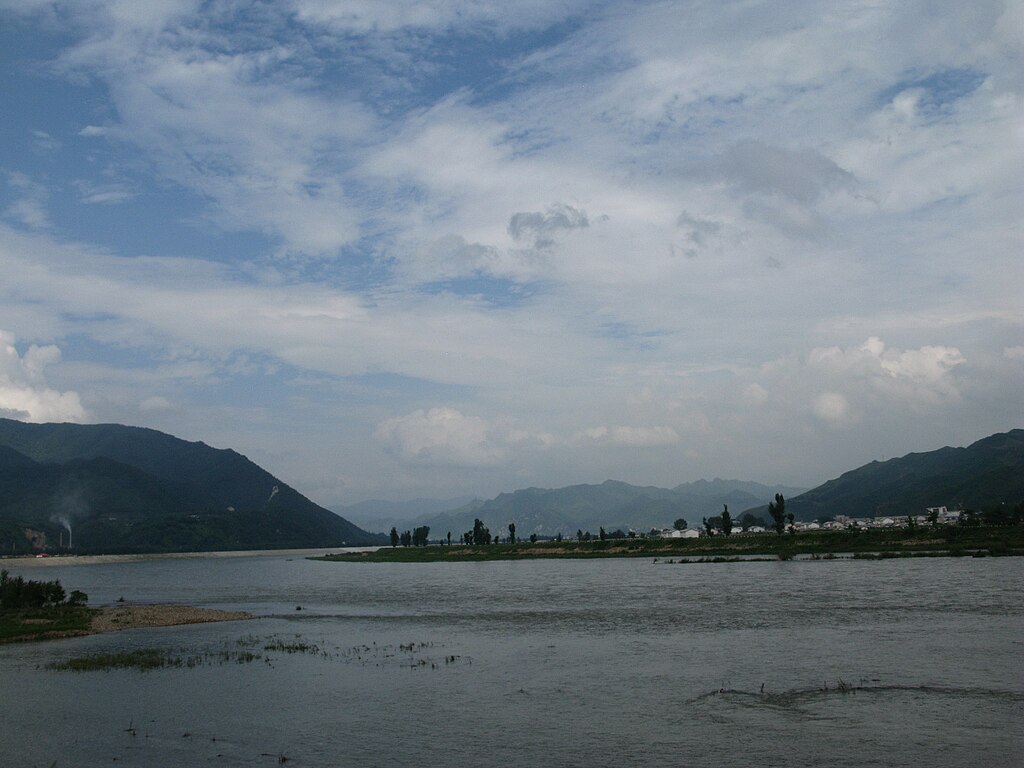 Caitriana Nicholson, CC BY-SA 2.0, Wikimedia Commons
Caitriana Nicholson, CC BY-SA 2.0, Wikimedia Commons
A rainbow after the rain
The wait for an update was agonizing for his mother. But finally, almost eleven months later, Im was informed that her son had arrived safely in the busy southern capital of Seoul.
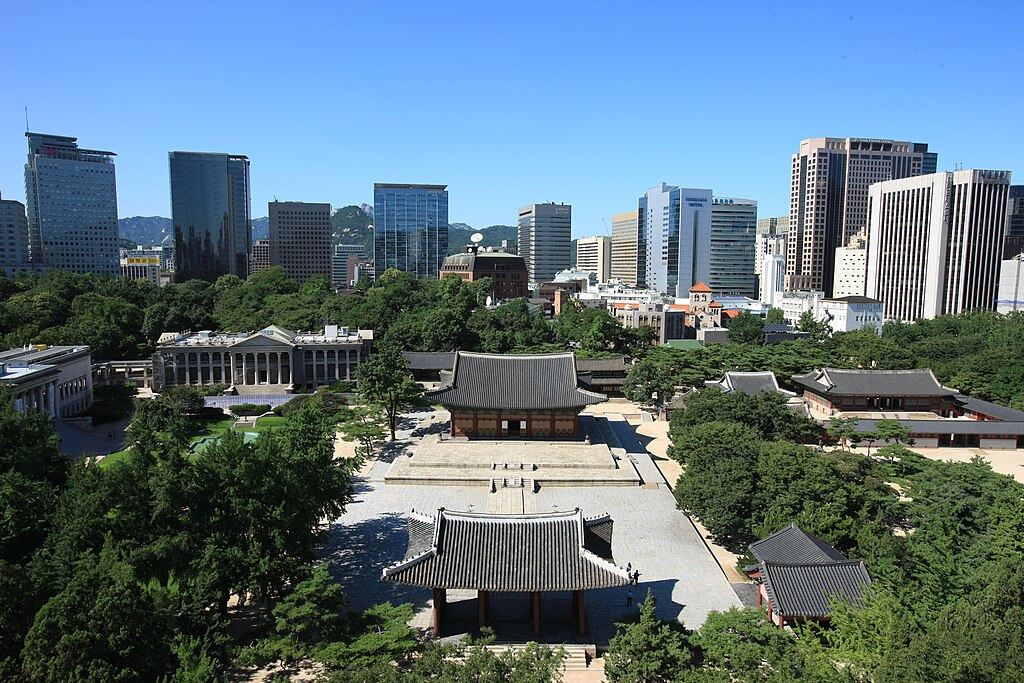 서울특별시 소방재난본부, CC BY-SA 4.0, Wikimedia Commons
서울특별시 소방재난본부, CC BY-SA 4.0, Wikimedia Commons
He went straight to work
Kim filled his days with various jobs, reflecting on his mother while walking home from work or enjoying a good meal. As happy as he was to finally be free, something still felt missing.
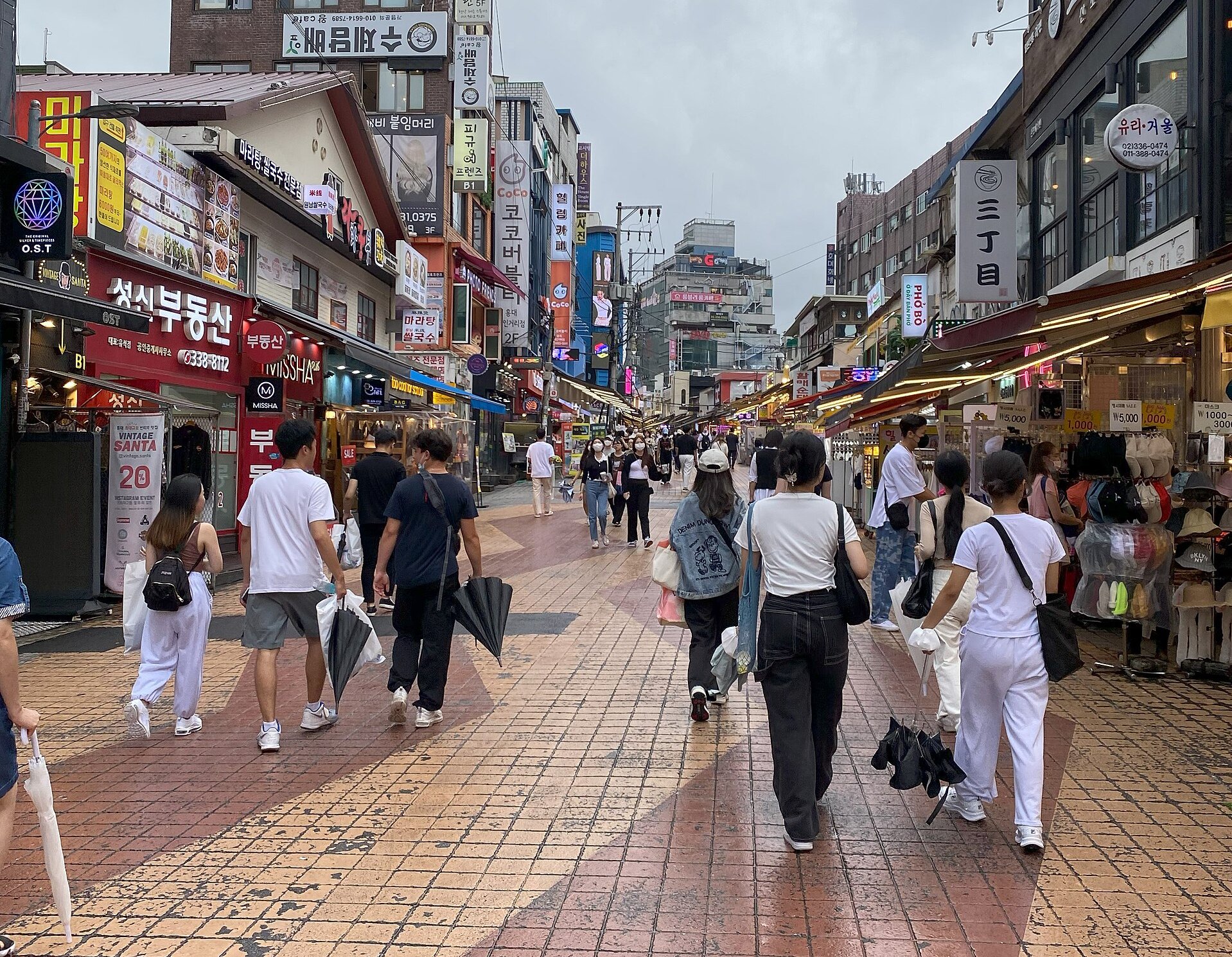 U0894629, CC BY-SA 4.0, Wikimedia Commons
U0894629, CC BY-SA 4.0, Wikimedia Commons
The guilt of leaving his mother
Many defectors face the emotional burden of being away from family who are still in North Korea. Kim felt shame for leaving his mother behind, and he couldn't live knowing that he could enjoy democratic life while she was still stuck living in constant fear. Overtime, his desire to reunite with her built up and it came to a point where he could no longer live with the guilt.
A son's love for his mother
Kim vowed to save his mother, even if it meant going back to the place that he hated the most. In 2019, he had saved up sufficient funds and hired reliable broker to assist him in orchestrating her getaway. Unfortunately, the plan went wrong as he couldn't reach his mother.
The dreaded phone call
North Koreans near the border often use illegal Chinese mobile phones to access Chinese cell networks for calls. Kim's mother called him on a borrowed cell, expressing fear and concern for not finding him on the Chinese side without her own phone. She suggested retrying later, but the call abruptly ended.
 Prince Roy, CC BY 2.0, Wikimedia Commons
Prince Roy, CC BY 2.0, Wikimedia Commons
To make matters worse
Kim became increasingly stressed. His funds were dwindling and his visa's expiration approached. He had exhausted all of his resources to reach this point.
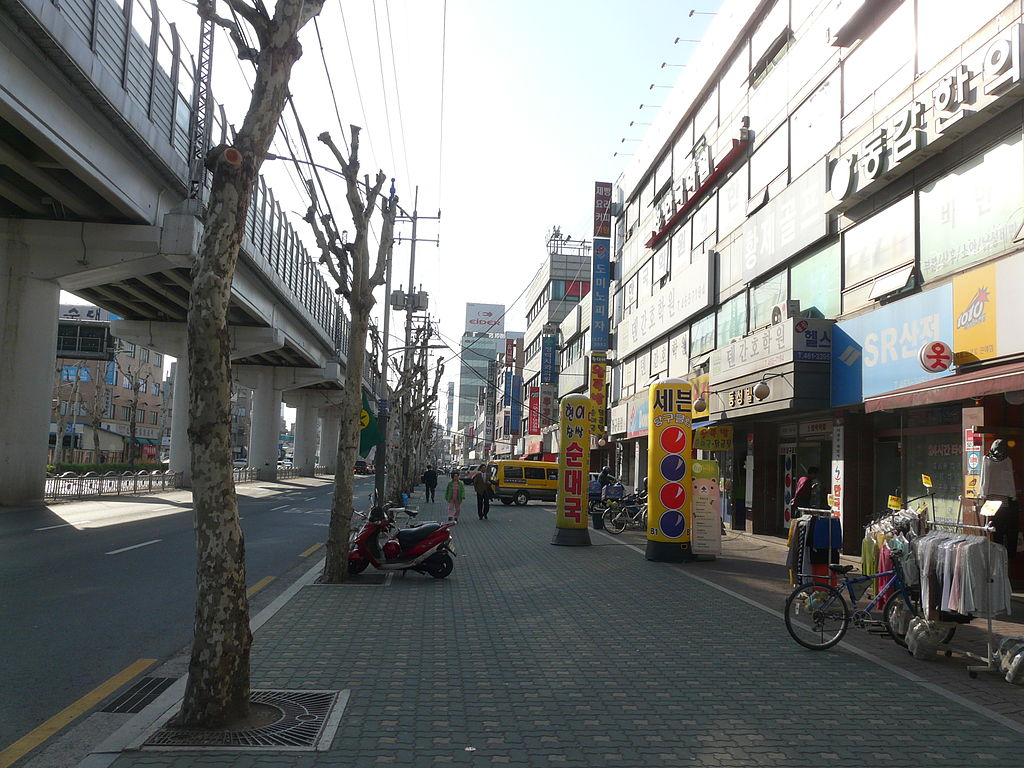 myself, CC BY-SA 3.0, Wikimedia Commons
myself, CC BY-SA 3.0, Wikimedia Commons
The risks were clear
The thought of going back to North Korea filled him with fear for his safety and his family's. The penalty for being caught returning after defecting was severe: execution.
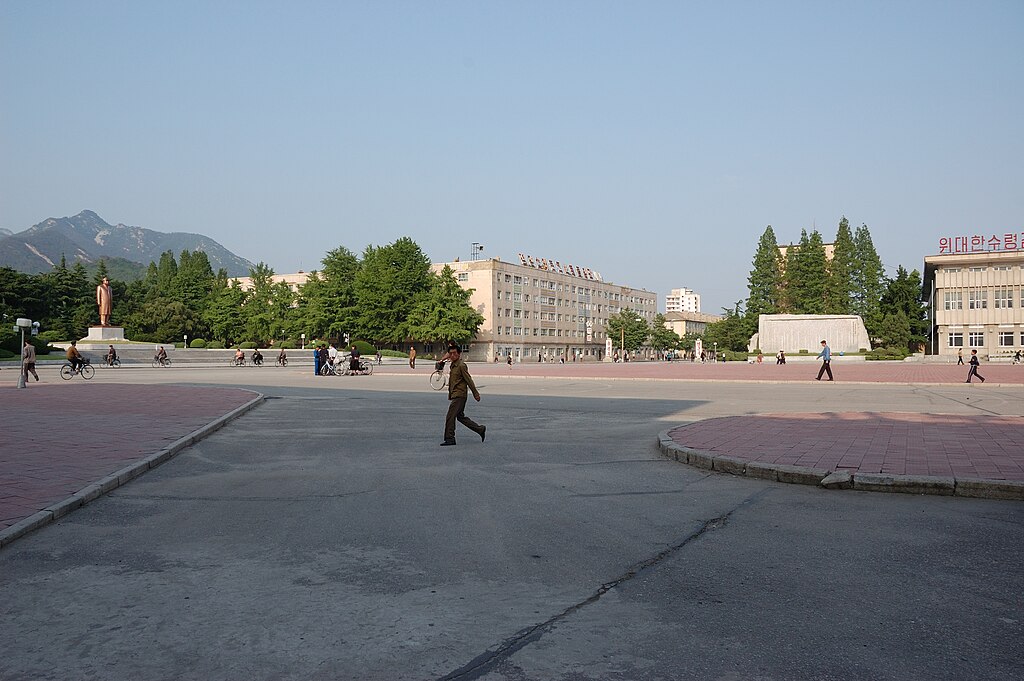 (stephan), CC BY-SA 2.0, Wikimedia Commons
(stephan), CC BY-SA 2.0, Wikimedia Commons
There was only one option
"I hesitated because I was terrified. But I felt like I would never see my mom again," he added. After much deliberation, he concluded that there was only one solution to his plight.
 서울연구원, CC BY 4.0, Wikimedia Commons
서울연구원, CC BY 4.0, Wikimedia Commons
He knew what he had to do
Kim was left with no choice but to physically make the journey back into North Korea to get her. He told Independent: "When I thought about my mother, there was really only one path. I had to go back. And if I got caught crossing back in, I was ready to die."
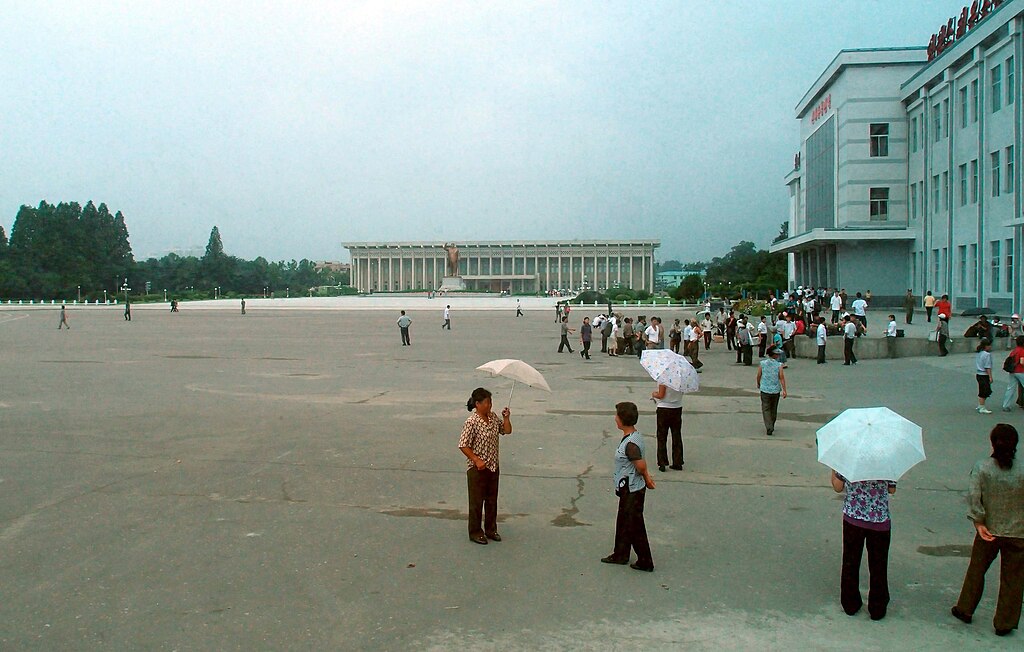 Roman Bansen, CC BY-SA 3.0, Wikimedia Commons
Roman Bansen, CC BY-SA 3.0, Wikimedia Commons
That fateful day
On the day he decided to go back to North Korea, he wore a black hoodie to blend n with the vendors on the Chinese side of the Yalu River. He waited patiently and anxiously for a moment when the North Korean soldiers weren't paying attention.
Crossing back over
At sunset, he made his move—he went into the water and made his way across the river, armed with nothing but a knife. The entire time, he was unsure if he would even make it out alive to see his mother.
 Jack Upland, CC BY-SA 3.0, Wikimedia Commons
Jack Upland, CC BY-SA 3.0, Wikimedia Commons
Making a run for it
For two days, he observed North Korean guards from the Chinese border to study their schedule. He crossed back during their dinner break and disappeared into the forest.
 Jin Ping Han, CC BY-SA 3.0, ,Wikimedia Commons
Jin Ping Han, CC BY-SA 3.0, ,Wikimedia Commons
He didn't quite blend in
It was particularly scary for Kim to be back because he stood out quite easily. He looked very different from when he was last in North Korea—he dyed his hair brown, got piercings, and even adopted a South Korean accent. But he just kept moving, his mother constantly on his mind.
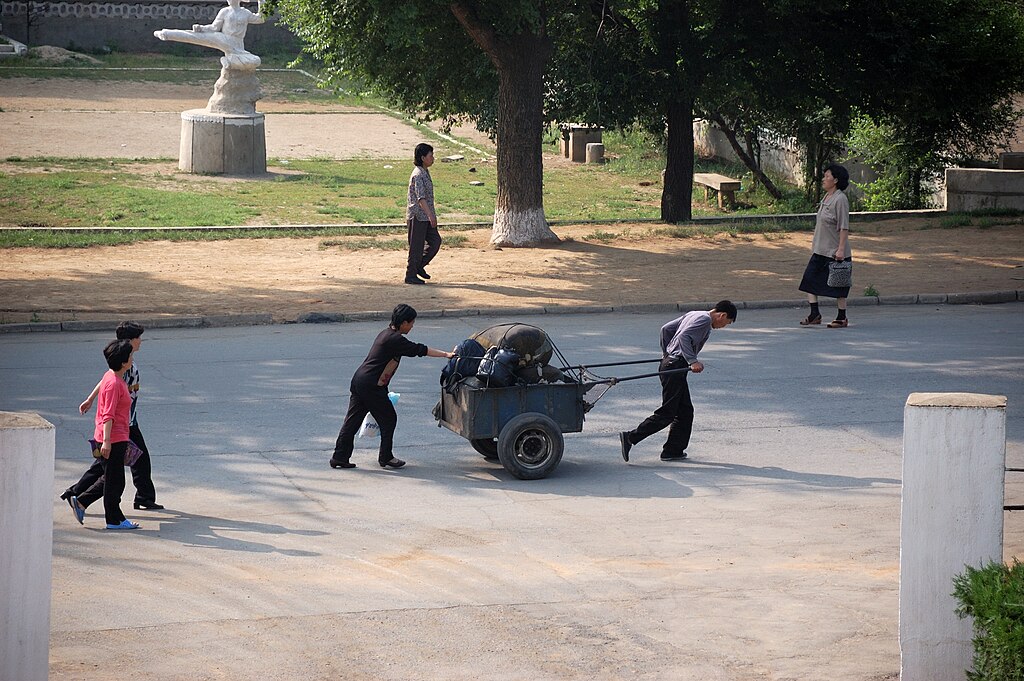 (stephan), CC BY-SA 2.0, Wikimedia Commons
(stephan), CC BY-SA 2.0, Wikimedia Commons
The long-awaited reunion
Eventually, he made it to his mother's house. His mother couldn't believe it—she was so shocked that she just broke down in tears, silently weeping. But her happiness was short-lived.
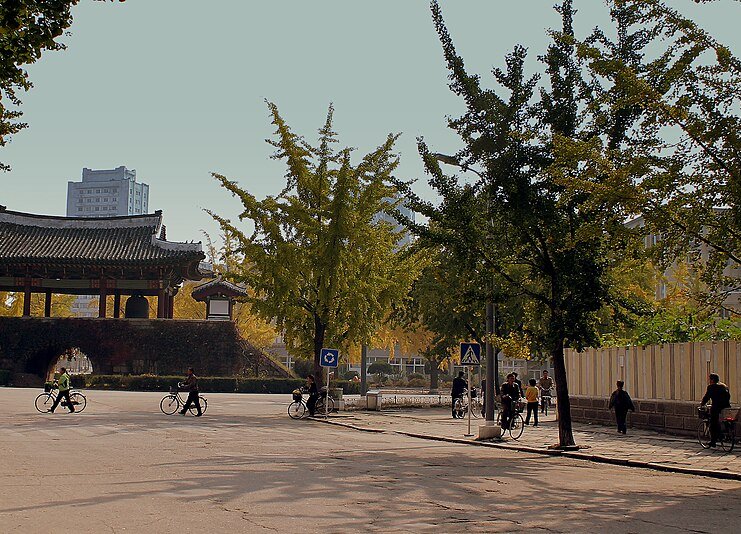 calflier001, CC BY-SA 2.0, Wikimedia Commons
calflier001, CC BY-SA 2.0, Wikimedia Commons
Not in the clear yet
"He is crazy. My happiness lasted a short moment, then the hair on my skin stood up. If he’s caught, he would be immediately executed and the rest of us would go to a prison camp," Im told Independent.
 Mike Connolly, CC BY 2.0, Wikimedia Commons
Mike Connolly, CC BY 2.0, Wikimedia Commons
The next 22 days
Kim spent 22 days working hard to communicate with brokers on both sides of the border to facilitate their entry into China. The last-minute trip planning was made challenging because the brokers were hesitant to help him once he mentioned he had re-entered North Korea.
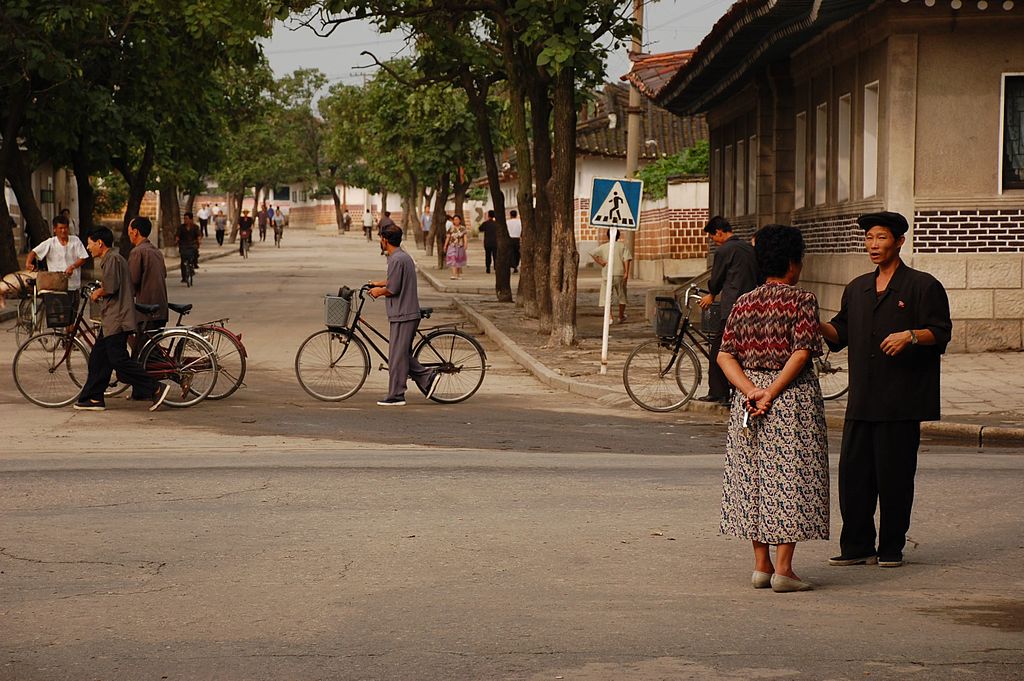 (stephan), CC BY-SA 2.0, Wikimedia Commons
(stephan), CC BY-SA 2.0, Wikimedia Commons
Tensions begin to arise
Kim alleges that the North Korean government intercepted his phone call, then proceeded to raid mother's house while he was away. Intelligence officers arrested her and hurt her during their interrogation to get her to admit her son's return to North Korea. She refused to tell them anything about her son.
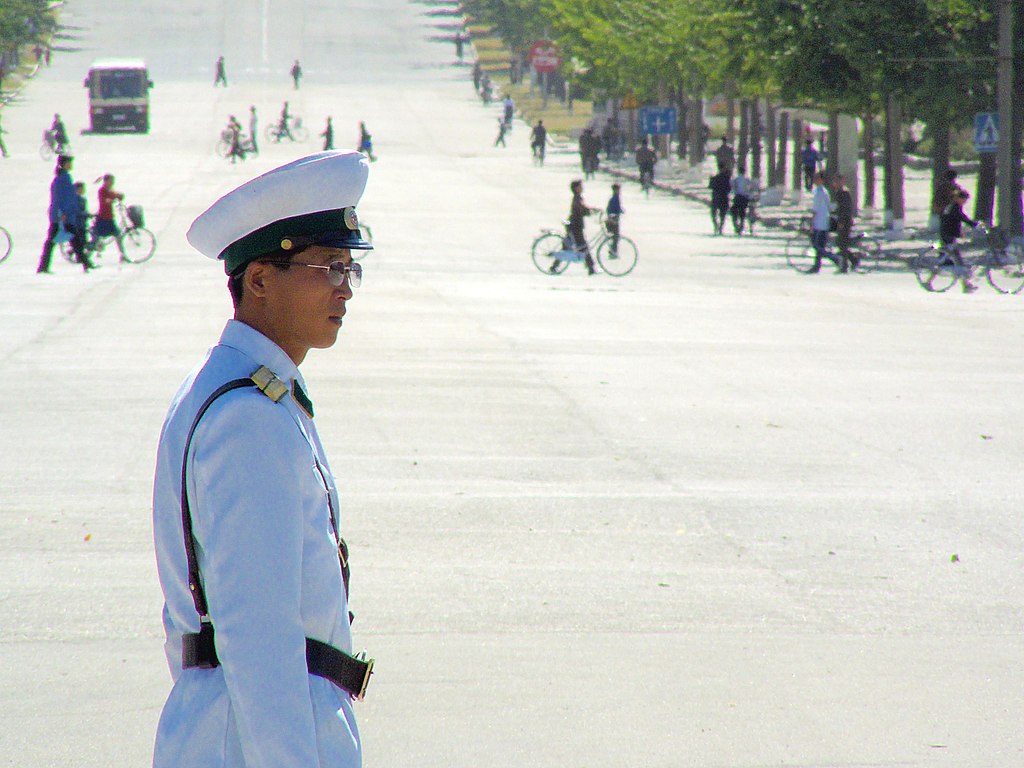 yeowatzup, CC BY 2.0, Wikimedia Commons
yeowatzup, CC BY 2.0, Wikimedia Commons
Possibly a lost cause
Kim stayed with a friend who encouraged him to leave North Korea for his own good. He departed the day after his mother's arrest, crossing the Yalu River alone for the second time.
 Tyler, CC BY 2.0, Wikimedia Commons
Tyler, CC BY 2.0, Wikimedia Commons
Another phone call
Once he arrived in Seoul, he got a mysterious phone call from a man who said, "We have been waiting for you." It was a South Korean intelligence official. Turns out, they had been monitoring his cellphone records for weeks, trying to determine whether he was a North Korean spy.
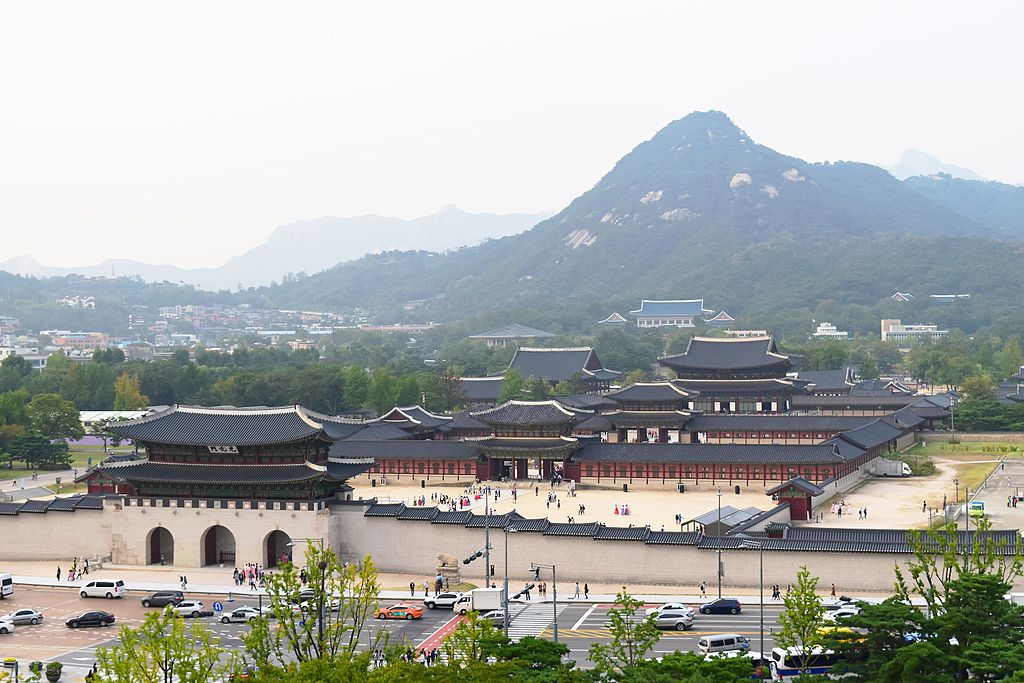 이상곤, CC BY-SA 4.0, Wikimedia Commons
이상곤, CC BY-SA 4.0, Wikimedia Commons
The rule of entry for South Koreans
According to South Korean law, South Koreans are prohibited to enter the nation without approval from the Unification Ministry. Kim actually faced a maximum three-year prison sentence for reentry, but the judge ruling in his case showed him some mercy after Kim demonstrated his utter regret for his actions. He instead served six months in prison and spent two years on probation.
The final phone call
Some time later, Kim received a phone call from his broker. It was the news he had been waiting and hoping for—his mom and made it out of North Korea, alive and well. He was in such disbelief that he asked for a photo and to speak with her over the phone. When he heard her voice, he was overjoyed.
Hard part is over
Kim did not waste any time—he immediately called his South Korean contacts and asked them to help arrange her travel through China, Laos, and Thailand, the same path he took to get to South Korea.
He still had to serve his time
Kim served out his prison sentence, which wasn't so bad since his prison was pretty lax. They gave him regular meals, books to read, and a bed to sleep on. He was indebted to his brokers, but he was confident he could pay them off once he could start working again.
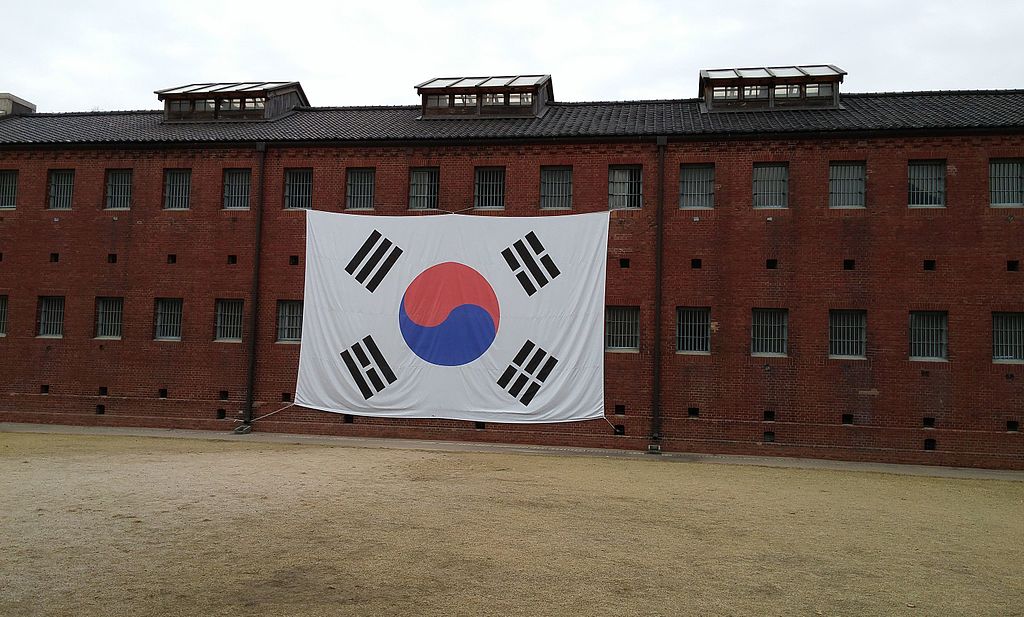 Christian Bolz, CC BY-SA 4.0, Wikimedia Commons
Christian Bolz, CC BY-SA 4.0, Wikimedia Commons
No reunion just yet
Kim never told his mother he was imprisoned, so when she finally arrived in Seoul, she was surprised to find out he was behind bars. She told Independent she felt responsible: "My heart sank. My son, who had simply wanted to get a college education, was in prison because of me."
They wrote letters every day
Still, they were happy that they were both finally out of North Korea. They wrote to each other every day and they found comfort in each others' letters. Adjusting to life in South Korea, whose capitalist and democratic systems were completely new to Im, was challenging—but the constant communicaiton from her son helped her get through it.
Life after reuniting
Following his time in prison, Kim and his mother started the process of reconstructing their lives in South Korea. Regardless of the challenges faced, Kim's story is an example of unwavering human resilience and the power of sacrifice. His behavior emphasizes the harsh circumstances in North Korea that compel individuals to take chances for their freedom and the well-being of their family members.
A comfortable living situation
Im was provided her own apartment by the South Korean government. Nowadays, in her spare time, she knits and cross-stitches; a hobby she never got to partake in back in North Korea. She also loves gardening on her balcony, controlling the temperature inside to keep her plants alive. In North Korea, her plants often died in winter due to lack of heating.
Kim is just a short drive away
Kim, on the other hand, lives just 40 minutes away from his mother. He has fully immersed himself into South Korean life, now driving a Mercedes Benz, getting regular haircuts from a salon, and wearing the latest fashions that teens wear nowadays.
 서울연구원, CC BY 4.0, Wikimedia Commons
서울연구원, CC BY 4.0, Wikimedia Commons
New life, new goals
Now that he and his mom are living safely in South Korea, he is focused on achieving the personal goals he set for himself back when he still lived in North Korea. He has chosen to hold off on work so that he can apply to colleges. He wants to study international relations, a fitting major for a man looking to learn more about the world.
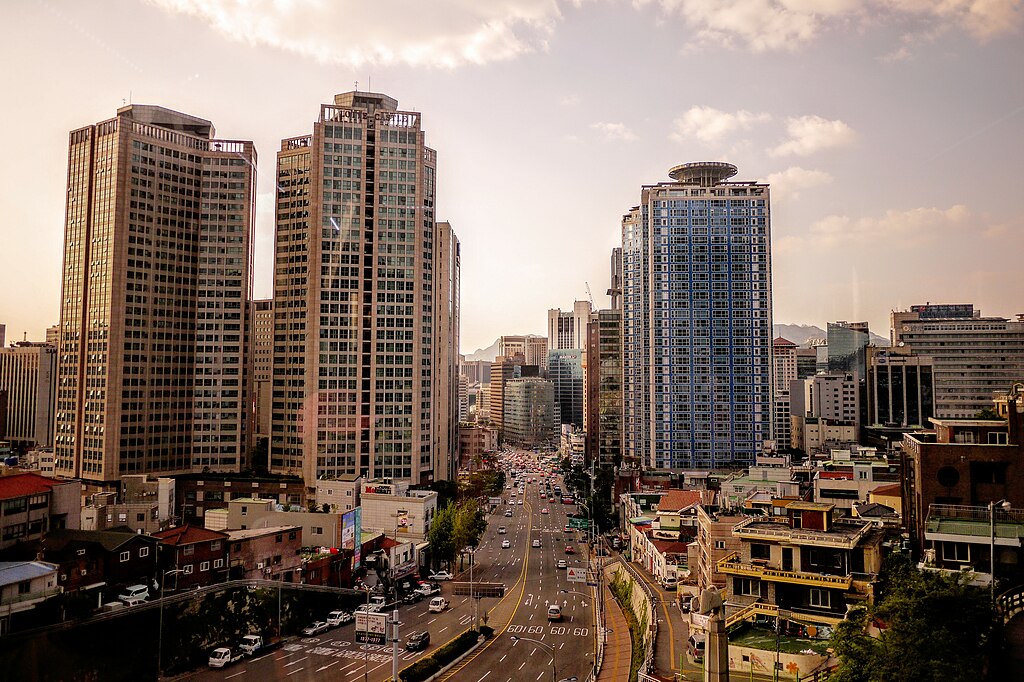 Emile-Victor Portenart, CC0, via Wikimedia Commons
Emile-Victor Portenart, CC0, via Wikimedia Commons
The trauma still lingers
Though Kim's life is in a much better place now, he still has trauma from his past life in North Korea. Kim admits that he doesn't like to go camping with his friends because it reminds him of the time he would hide in the woods. He also avoids listening to politicians giving speeches because it reminds him of the speeches Kim Jong-un used to give.
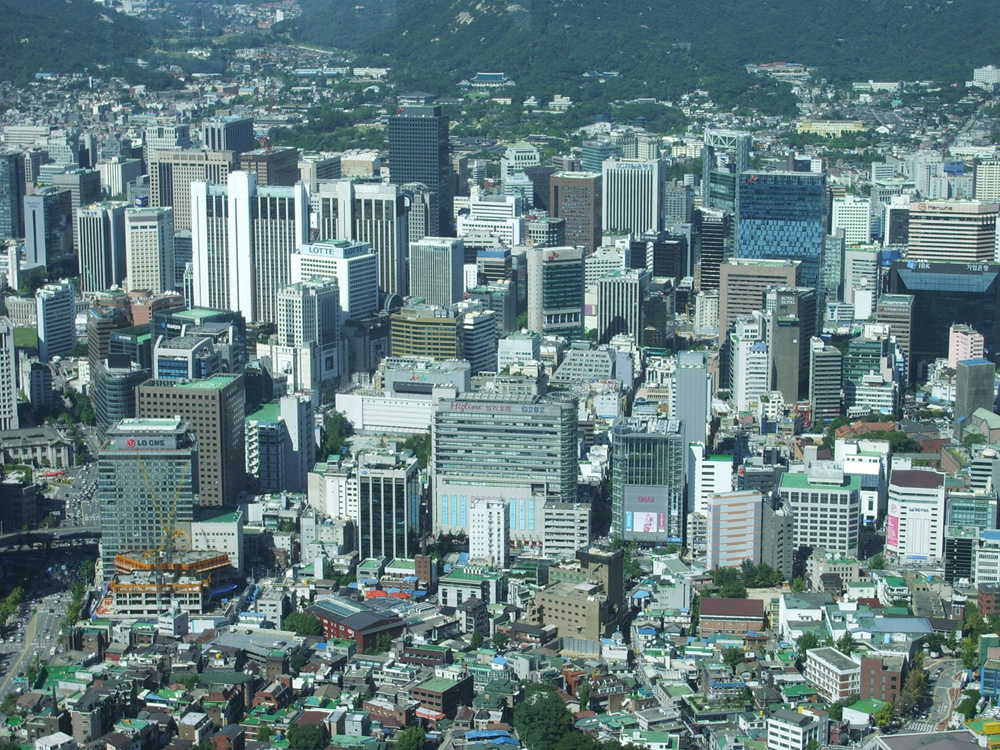 InSapphoWeTrust, CC BY-SA 2.0, Wikimedia Commons
InSapphoWeTrust, CC BY-SA 2.0, Wikimedia Commons
Not everyone is so lucky
Kim and his mother are among the lucky ones. Some who try to defect lose their lives in the process, and others who manage to get out unscathed face the challenge of adjusting to a completely different world.
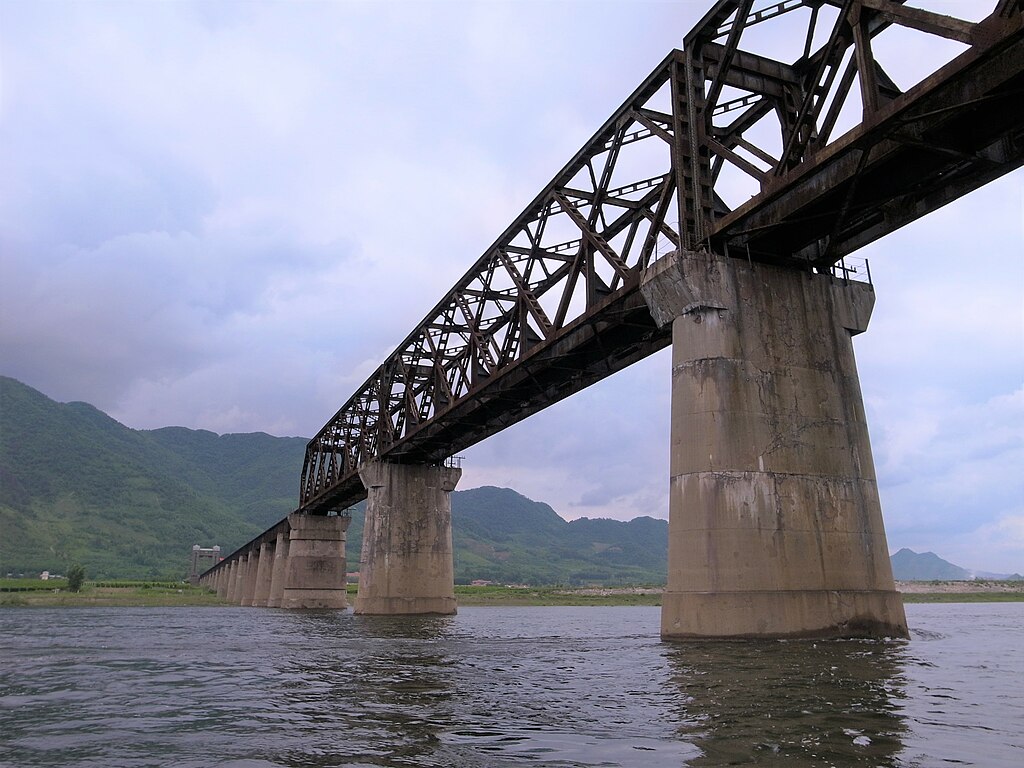 George Wenn, CC BY-SA 3.0, Wikimedia Commons
George Wenn, CC BY-SA 3.0, Wikimedia Commons
South Korea supports defectors...
Various programs have been put in place by the South Korean government to help North Korean defectors assimilate into South Korean society. These services consist of economic aid, job training, and mental health therapy.
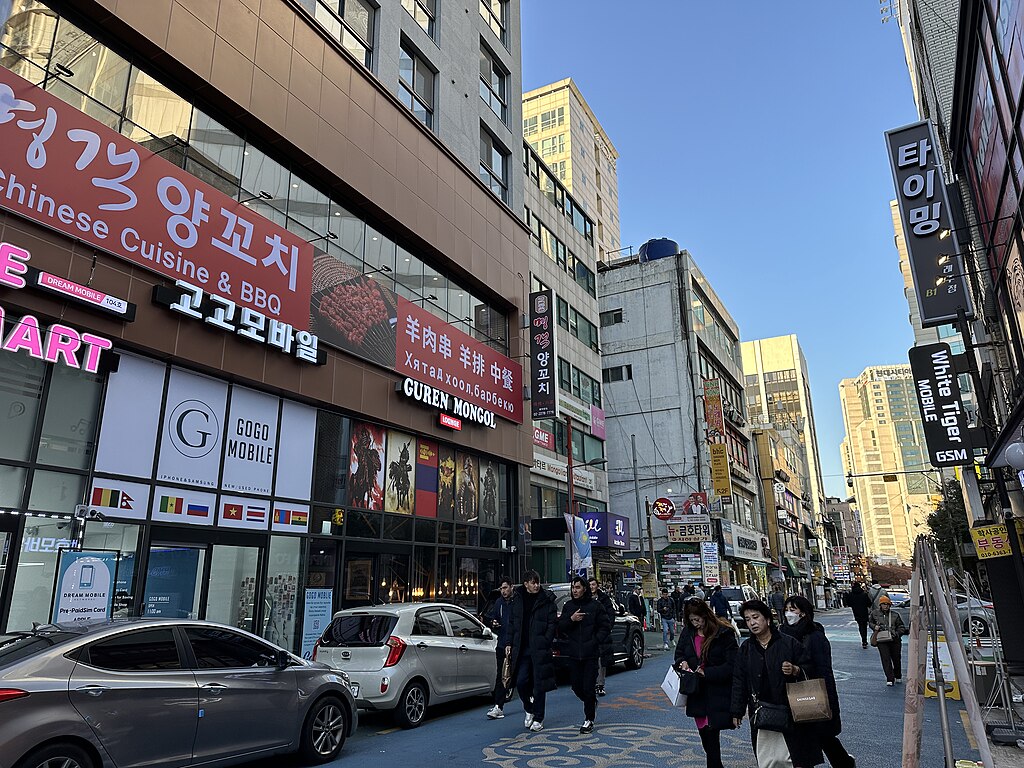 Toobigtokale, CC BY-SA 4.0, Wikimedia Commons
Toobigtokale, CC BY-SA 4.0, Wikimedia Commons
...but they still face many challenges once they are free
However, the success of these initiatives is frequently restricted by the longstanding obstacles encountered by defectors. The challenges that defectors face in starting new lives in South Korea are influenced by the stigma in society, cultural distinctions between the Koreas, and the psychological scars from their past.
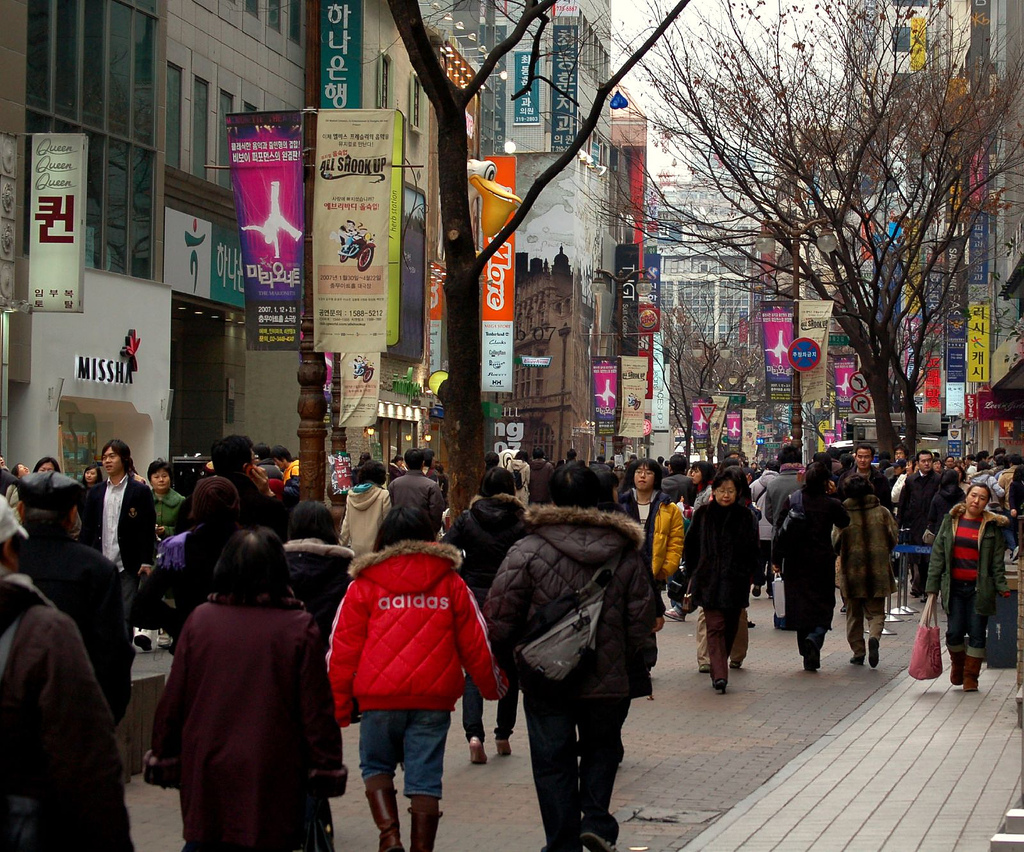 by thelearnr, CC BY 2.0, Wikimedia Commons
by thelearnr, CC BY 2.0, Wikimedia Commons
Defectors today
Despite the dangerous journey and slim chances of success, many individuals from North Korea continue to attempt to escape to South Korea annually. In 2023, there was an increase in North Korean defectors reaching South Korea, with 196 arrivals, though still below pre-pandemic levels.
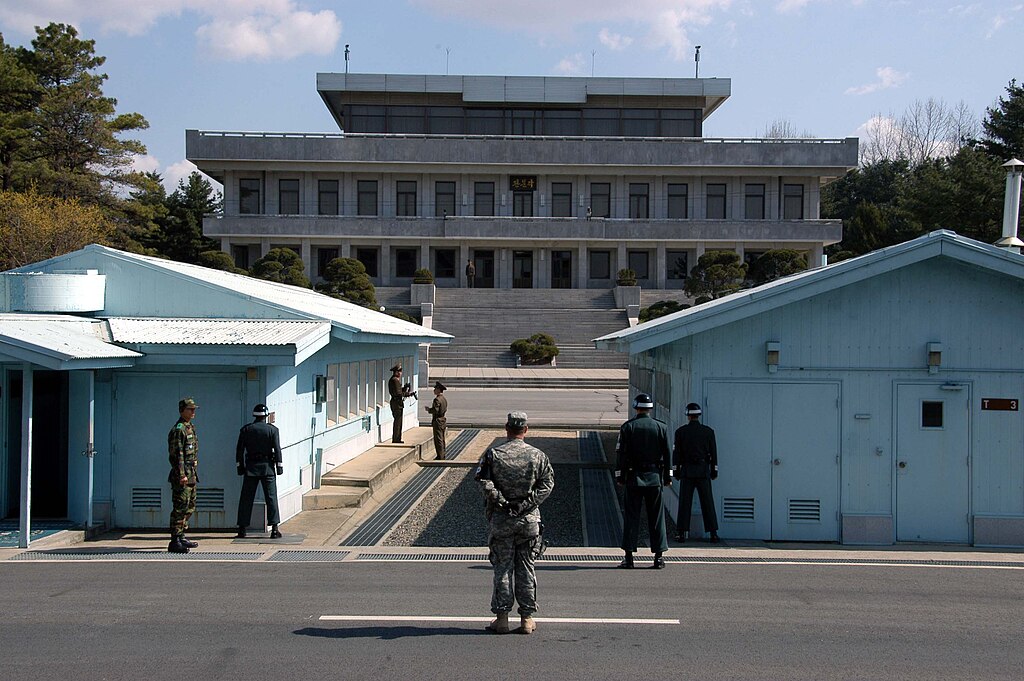 Driedprawns, CC BY-SA 3.0, Wikimedia Commons
Driedprawns, CC BY-SA 3.0, Wikimedia Commons
A sad, endless cycle
Defectors often cite food shortages and harsh living conditions as their primary reasons for leaving. Before COVID-19, around 1,000 defectors would arrive in South Korea each year, but numbers dropped during the pandemic due to tightened border security. With some restrictions eased, the number of successful escapes has slightly increased, offering a risky path for those seeking freedom.
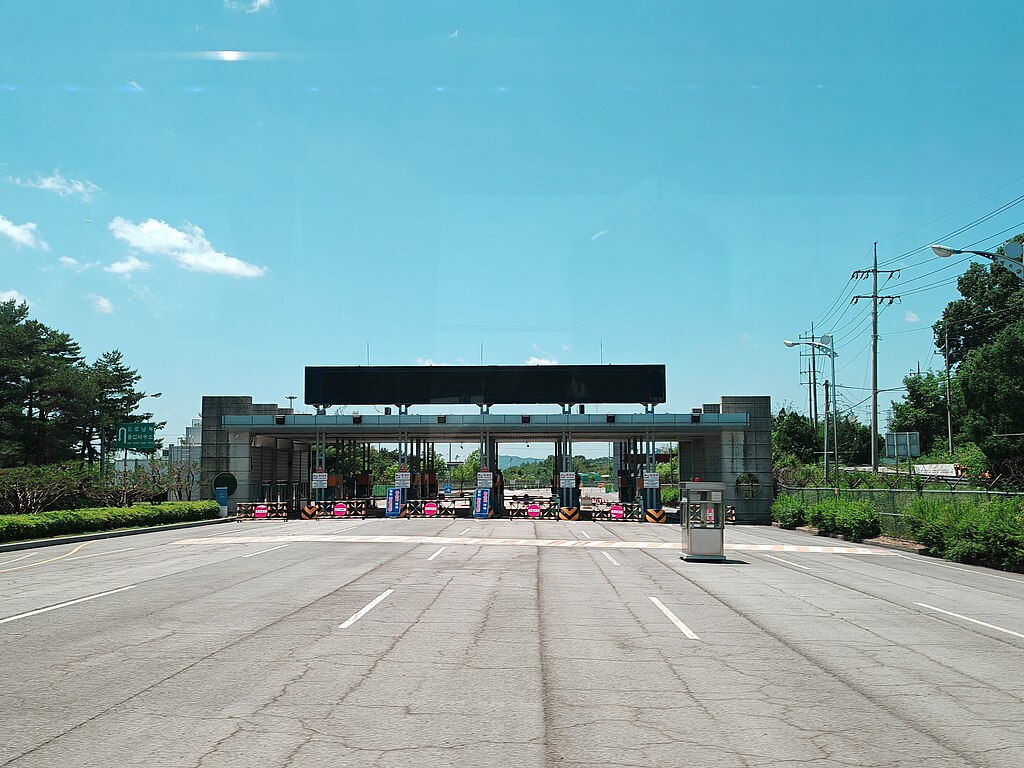 Dwxn, CC BY-SA 4.0, Wikimedia Commons
Dwxn, CC BY-SA 4.0, Wikimedia Commons
Sources: 1

